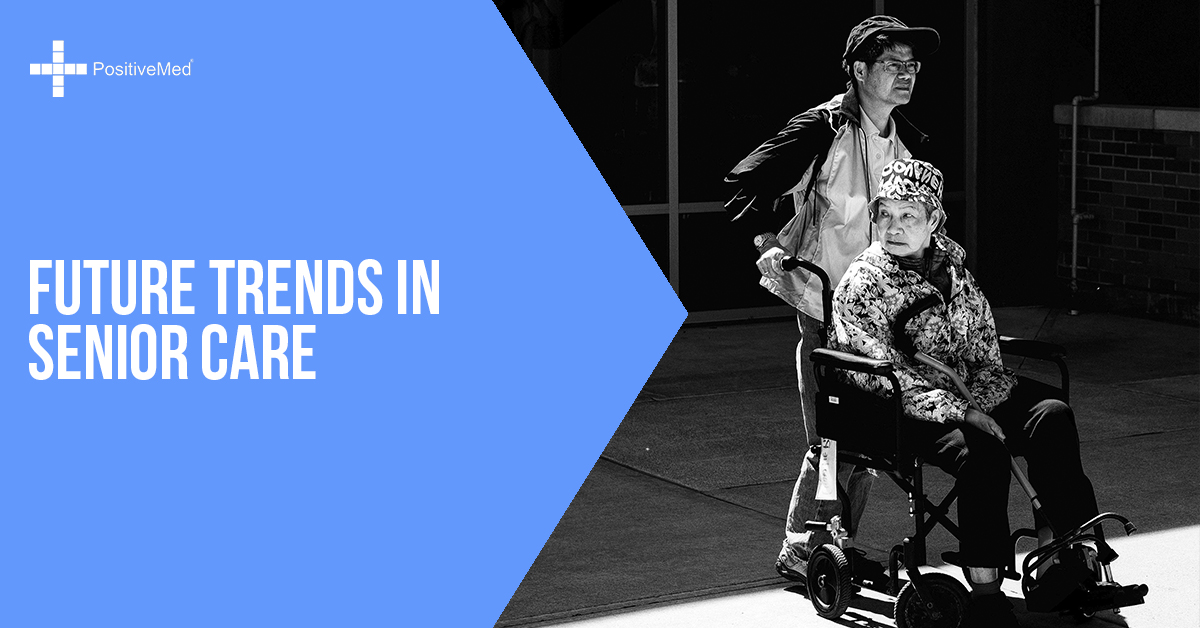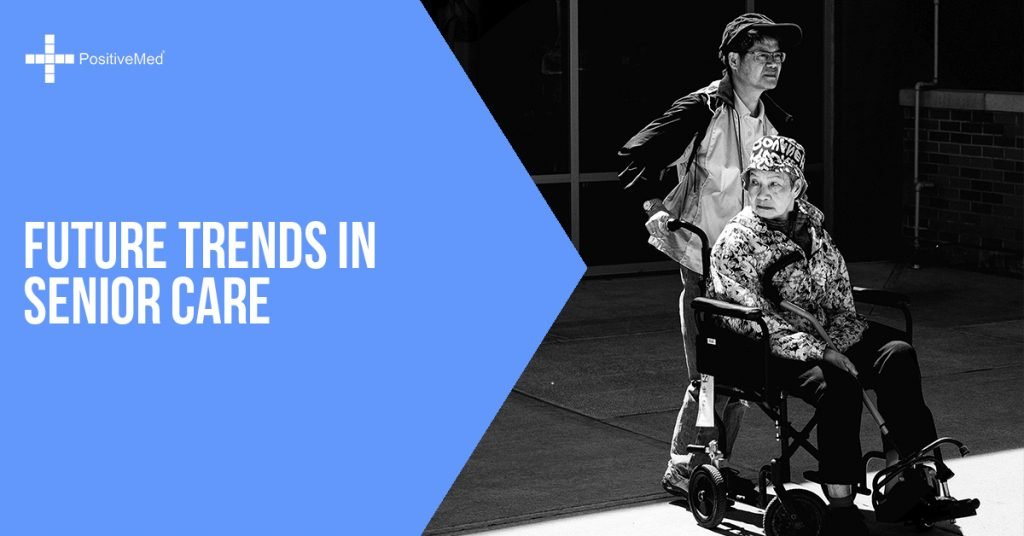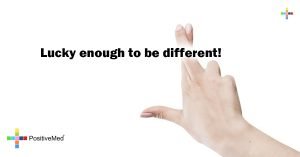Technological progress is bringing all the higher standards of living and with it – higher life expectancy. This is the fact we have to face and take into consideration when city planning and health care system are concerned.

Certain demographic changes are going to take place in the nearest future and both cities and people who live in them are better to be prepared for any of the challenges that will have to be dealt with.
One of the major challenges among many is the question of senior citizens’ autonomy in a modern city. The goal is to create such an environment where elderly generations can be easily involved in the life of local communities as well as have all their needs met.
It will become all the more current issues with the majority of seniors over 65 willing to spend their time at home and not at some places of specialized care. City rearrangement decisions in this sector mostly concern adaptation and redesign of many things that haven’t been initially meant for senior use in the first place – infrastructure, public places utilities, urban solutions in general and in particular.
They mostly cover three major sectors – mobility, infrastructure and various visual and audio features of the city. This is literally: transport and access to public recreation spaces (e.g. parks), adapted environment for elderly and disabled and various technical solutions that help navigate the city more conveniently.
However, taking into consideration the fact that a great number of seniors (mostly due to health-related issues) spend prevailing time indoors than outdoors, there is also another side of a medal. Home monitoring devices, or emergency response systems, in all their variations, are becoming a part of a “smart city” no less than infrastructure innovative solutions, public transport improvement schemes, and adaptive environment elements.
New technological achievements provide seniors with the opportunity to be more independent than they have ever could imagine. Besides, new “smart” devices can collect information as well as a monitor in the least invasive manner possible – so that a person does not feel entirely incapable despite being disabled, for instance.
Medical alert systems, as well as a plethora of wearable devices, provide families with a chance not to make hard decisions and leave senior members at home instead of sending them to nursing facilities.
One of the benefits of new devices is their price – they cost much less than professional nursing services, either inpatient or outpatient. They have a variety of “smart” functions such as sensors, location tracking features, voice activation, alerts and what not. Besides, they are invaluable in terms of a tool that allows seniors to stay and feel independent and capable, yet under care.
At the present moment, the number and range of medical care devices (wearable ones among them as well as devices that involve communication through touch) are growing. As it has been already mentioned, this tendency is going to develop further on, and with it, we are going to have all the better choice of “smart” devices that will be able to make life better and a more secure place. Besides, such devices are making life easier for both seniors and caregivers by simplifying communication pathways as well.
Surely, it is likely to take some time for seniors to get used to such almighty devices that are able to detect motion and location signals, to monitor a wearer’s behavior, regular patterns of activity and analyze it all, send appropriate messages and make necessary alerts. However, it will definitely be a lifesaver for those who live alone (and prefer to do so, if possible).
Both “smart environment” solutions and “smart devices” are likely to serve their purpose in the city and society with more seniors than we have now – taking into consideration the IoT future we all are heading into, the one that will concern not just younger generations.
Disclosure Policy:
This blog is a collaborative blog written by a group of individuals. This blog accepts forms of cash advertising, sponsorship, paid insertions or other forms of compensation. The compensation received may influence the advertising content, topics or posts made in this blog. That content, advertising space or post may not always be identified as paid or sponsored content. The owner(s) of this blog is compensated to provide opinion on products, services, websites, and various other topics. Even though the owner(s) of this blog receives compensation for our posts or advertisements, we always give our honest opinions, findings, beliefs, or experiences on those topics or products. The views and opinions expressed on this blog are purely the bloggers’ own. Any product claim, statistic, quote or other representation about a product or service should be verified with the manufacturer, provider or party in question. This blog does contain content which might present a conflict of interest. This content will always be identified.






